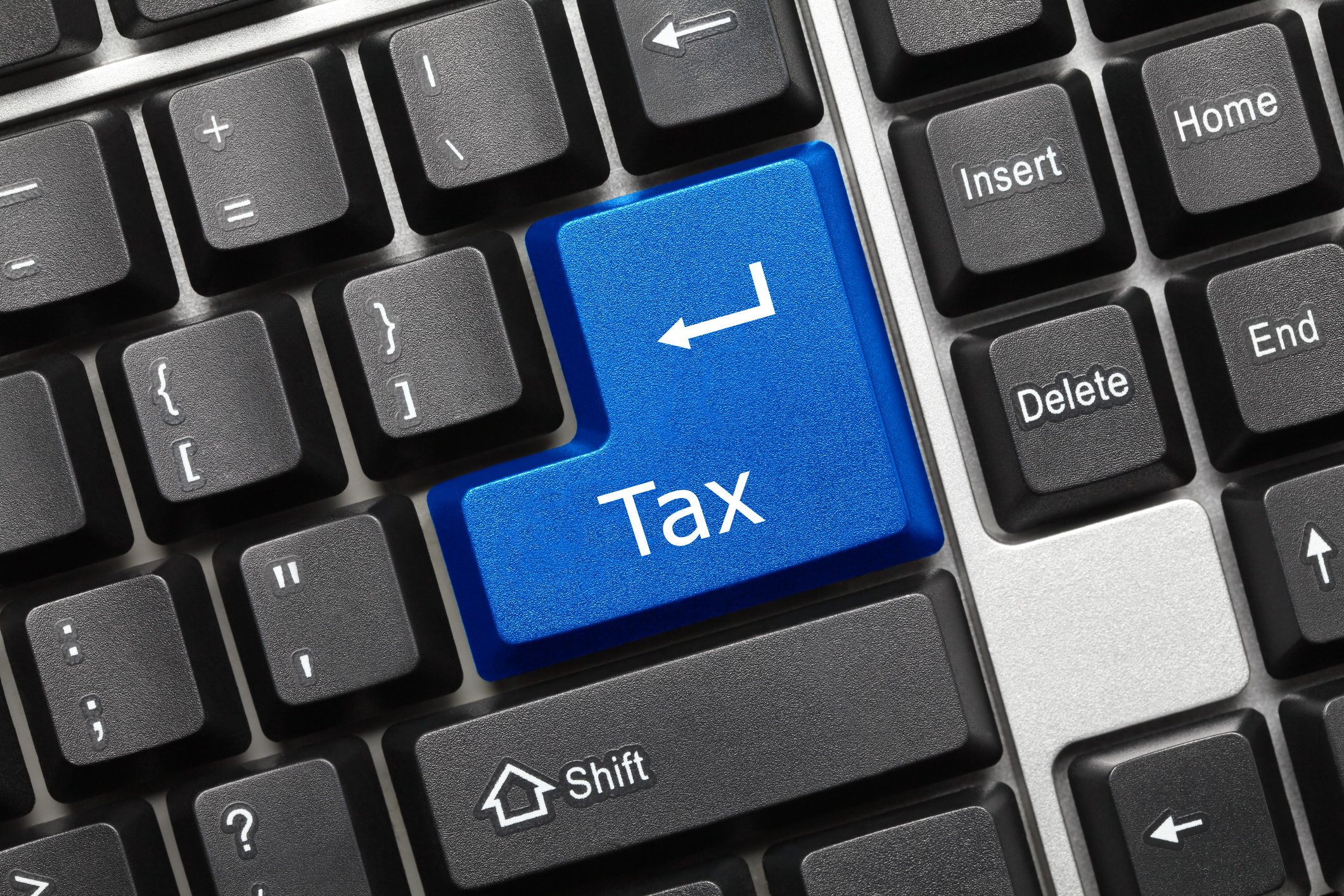No one likes paying income taxes, but the federal government depends on the taxable income Americans earn. However, the tax laws also offer several ways for taxpayers to earn tax-free income. Let's take a look at some of the most popular ways you can earn tax-free cash.

Image source: Getty Images.
1. Dividend and long-term capital gains income for low-bracket taxpayers
The tax laws give preferential treatment to income from qualified dividends from stocks, as well as long-term capital gains on a wide range of investments held for longer than a year. Those who are in the 25% to 35% tax brackets get a preferential rate of 15%, while those in the top 39.6% tax bracket pay only 20% on their qualifying dividend income and long-term gains.
Those taxpayers in the 10% or 15% brackets get an even better deal: a 0% tax rate on long-term capital gains and qualified dividends. Many taxpayers in those brackets find it difficult to save money, and so fewer people take advantage of these provisions even though they should. With such a huge incentive to do so, it's worth the effort for low-bracket taxpayers to save and invest in stocks and other gain-producing investments.
2. Tax-exempt municipal bonds
Bonds issued by state and local governments pay interest that is generally exempt from federal income tax. The net result of that tax provision is to allow state and local governments to enjoy lower borrowing costs than private borrowers, because investors are typically willing to accept lower interest rates than they would on other investments, in anticipation of the tax savings they'll get with municipal bonds.
For upper-income investors subject to the Alternative Minimum Tax, it's important to understand that certain types of municipal bonds that are known as private activity bonds pay income that is subject to the AMT. If you're likely to pay AMT, it's essential to know which types of municipal bonds you own in order to avoid a surprise at tax time.
3. Tax-favored accounts for retirement, education, and healthcare
Lawmakers also provide tax incentives to encourage other types of behavior. For retirement savings, Roth IRAs differ from traditional IRAs in that a Roth doesn't offer an upfront tax deduction on contributions. However, in most cases, the income you earn in a Roth is tax-free, even when you withdraw it in retirement. Similar provisions apply to 529 plans and Coverdell Education Savings Accounts for educational expenses, and Health Savings Accounts for healthcare expenses. Each type of tax-favored account is different, so be sure to look into the specifics of how to get the tax savings they offer. But greater use of tax-favored accounts can make saving for various financial goals much easier.
4. Short-term rentals of your home
In general, rental income is fully taxable for federal tax purposes. However, the tax laws allow taxpayers to rent their homes for short periods of time without having to include the proceeds as income. In particular, homeowners can rent their homes for up to 14 days in any given year and not declare the rent they received as income. That money instead becomes entirely tax-free.
There is, a trade-off for this favorable treatment. To the extent that you incur expenses related to the short-term rental of your home, you won't be able to claim them as deductions. The same is true for depreciation and other tax write-offs that don't involve actual spending of cash. Nevertheless, in most cases, you're far better off with a short-term rental simply banking the rental payments tax-free than you would be treating it as a rental asset and accounting for it accordingly.
Get all the tax-free income you can -- legally!
Tax-free income might sound too good to be true. But these tax laws apply to everyone. It's up to you to decide how much you can and want to take advantage of these provisions to generate income that's free of taxes.





